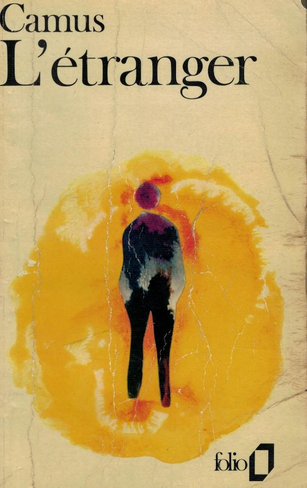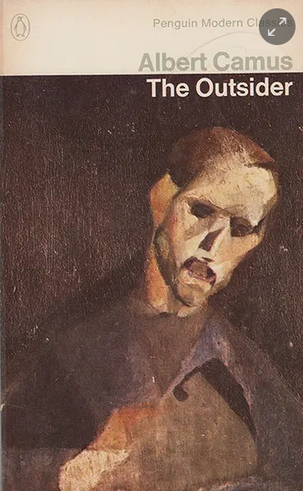|
My kind of French literature.
After battling through classical French plays by Corneille and Racine and pretending to have read the prolific output of Balzac and Zola, we undergraduates were allowed to venture into more modern territory. With Camus and “L´Étranger” — “The Outsider” in the British translation — I was on home ground. Here was an archetypal alienated man in a work that denied all traditional religious and secular belief systems and set out a vision of existence as absurd. The French made of l’Absurde a bona fide philosophical movement, while we went one better by having The Cure singing the song. Meursault is condemned for not being what society expects, or at least making an outward pretence of it. Camus’s antihero is no intellectual, no tortured soul. He doesn’t care much one way or the other about anything. He is incurious, unquestioning, undemanding. Indifferent to his life. The given moment is his only context and he responds to its stimuli: such simple carnal pleasures as warmth, swimming, sex, smoking. Stripped of philosophy, religion and other theoretical fabrications, Camus is saying, this is what remains: the human animal in its habitat. In his novel, Meursault’s ultimate crime will be not the murder of an innocent man, but failing to show emotion at his mother’s funeral and thereby observe the etiquette of contemporary mores; his death sentence will be passed because “he doesn't play the game,” doesn’t make a public display of grief that he does not feel at the time. Anyone who has passed through profound grief will, if they are as candid as Camus’s protagonist, knows that there is nothing pure about it. Mixed into the pain of loss are so-called “inappropriate” feelings of relief, happiness, meanness and the like, contributing to a maelstrom of emotion — and that is what grief is, and what makes it so hard to bear. Meursault has no reason to lie about it, just as he has no ambition or other drive. That doesn’t mean that he is unfeeling, simply that he may not consciously process feeling like you or I. When he pulls the trigger on the beach, he feels oppressed by the sun’s blinding light and heat, making the veins in his forehead throb, much as he reacted at his mother’s burial. When the judge asks him why he killed the Arab, he says: “Because of the sun.” Meursault’s honesty in authenticity, showing up the hypocrisy of conventional society, is what vindicates him in the end and gives him peace in the face of his imminent execution.
0 Comments
Leave a Reply. |
Blogging good books
Archives
July 2024
Categories |


 RSS Feed
RSS Feed
